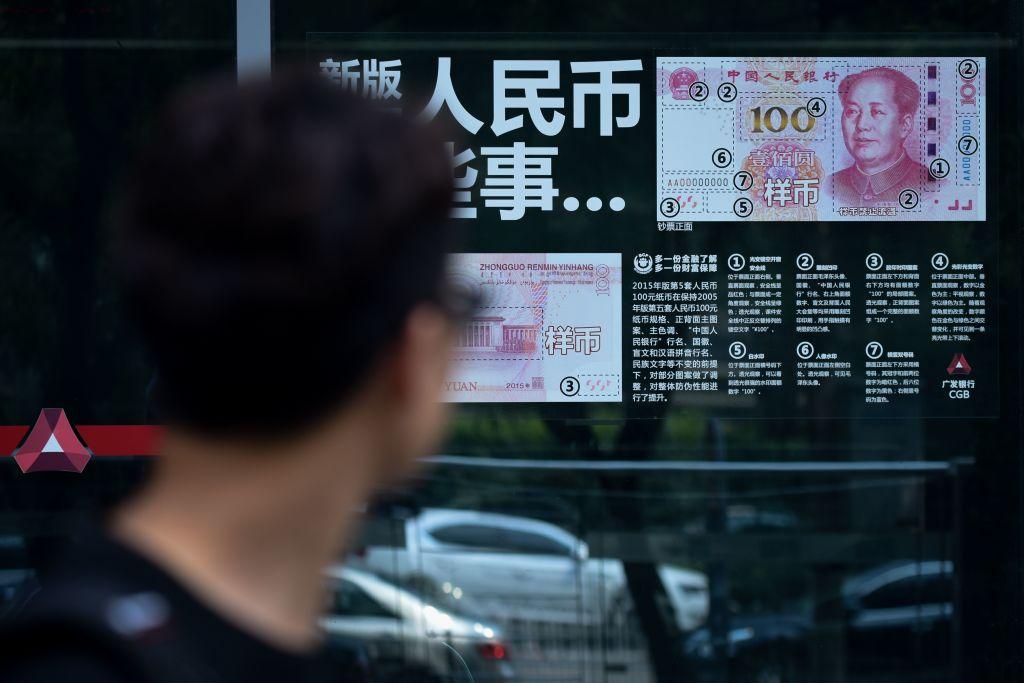I find it amusing to read some analysts stating that the Chinese government’s stealth yuan devaluation has offset the impact of tariffs.
A 10-percent tariff hurts a small part of the economy. However, a 10-percent devaluation hurts all Chinese citizens, equally and massively.





